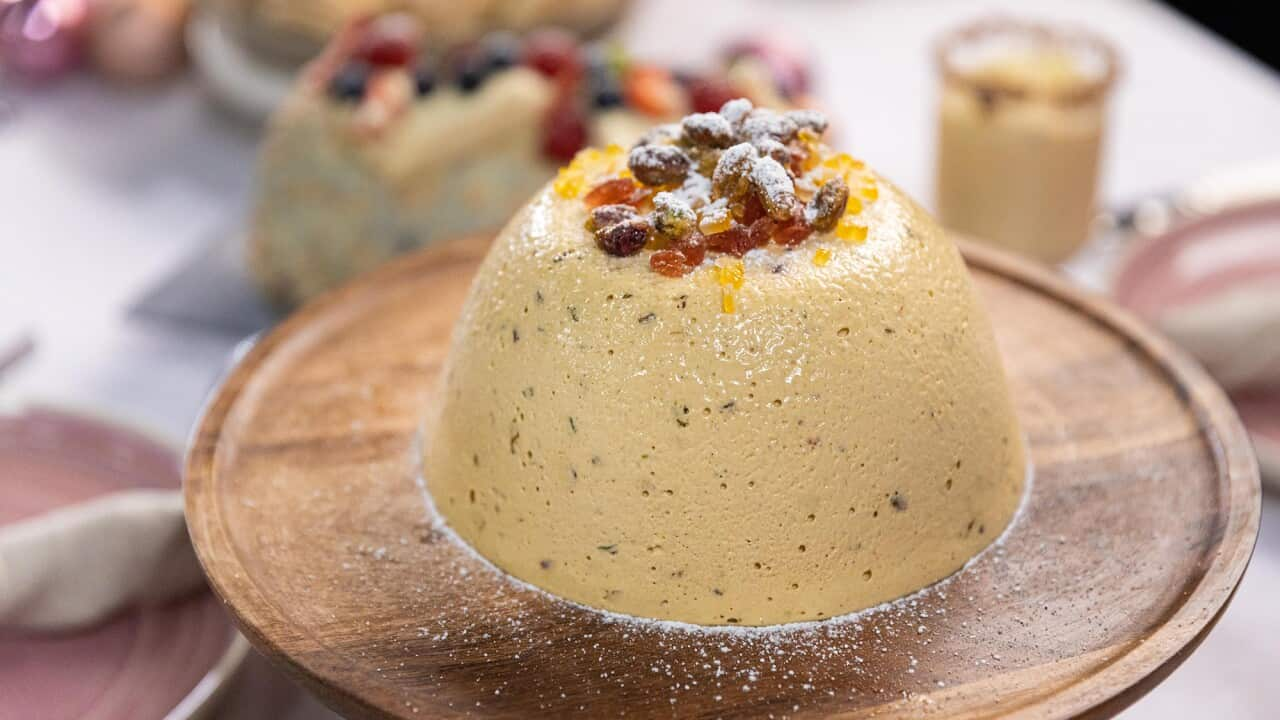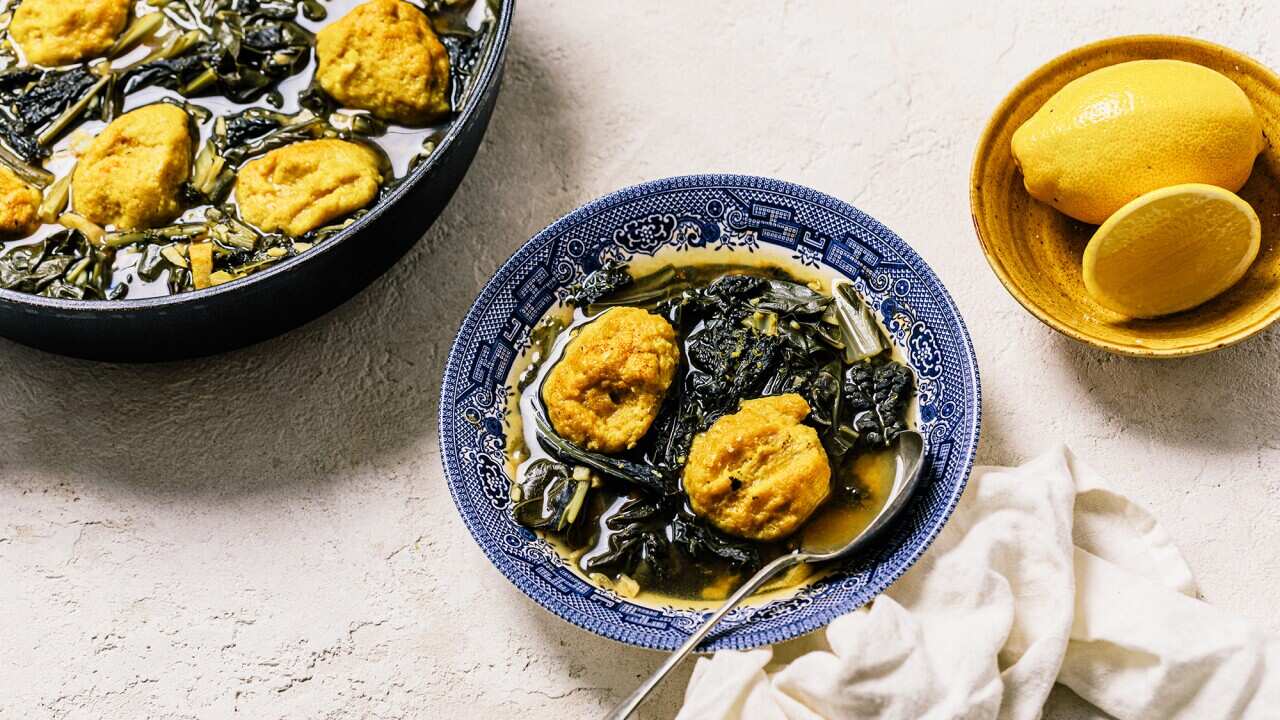serves
4
prep
15 minutes
cook
15 minutes
difficulty
Easy
serves
4
people
preparation
15
minutes
cooking
15
minutes
difficulty
Easy
level
"A Sugarloaf is not just any cabbage though – it’s the adored variety found in Denmark and has a loose-leaf structure more similar to a butter lettuce - it’s sweet, and when charred becomes more interesting. Our Danish chef friend Bente Grysbæk adds a peppery grating of fresh horseradish, her fast version of preserved lemon using just the rind …plus lashings of burnt butter - the result is a taste sensation." Maeve O'Meara,
Ingredients
- 250 g good quality unsalted butter
- 1 sugarloaf cabbage, tough outer layers removed, rinsed (see Note)
- sea salt, to taste
- 2 tbsp freshly grated horseradish, or to taste
- dill sprigs, to serve
Salted lemon rind
- 1 organic lemon
- 1 tbsp sea salt
Standing time: 2 hours - overnight
Instructions
For the salted lemon rind, peel the lemon with a vegetable peeler, then place the rind in a zip-lock bag with the salt. Toss well, then stand for at least 2 hours or overnight if time permits. Rinse off the salt, pat dry the rind and finely chop.
Melt 150 g butter in a small saucepan over low heat, ensuring it doesn’t boil. Remove the clear butter from the top and place in a clean saucepan and discard the milk solids from the bottom of the pan. Heat the butter over medium-high heat until it turns a nutty light brown colour, then remove from the heat. Set aside to cool for a few minutes while you prepare the cabbage.
Cut the cabbage into 4-6 wedges depending on size. Heat a large frying pan over medium heat. Add the remaining 100 g butter, salt and a few splashes of water and shake the pan until the butter is melted, making sure it doesn’t take on any colour. Add the cabbage wedges, cut-side down, cover with a lid or a piece of foil and steam for about 2 minutes. Remove the lid and flip the cabbage on the other side, cover and steam for another 2 minutes or just until the cabbage is tender. The cooking time will vary depending on size of the cabbage.
Place the warm cabbage, cut-side up on a large serving dish. Stir the chopped salted lemon rind and horseradish into the warm burnt butter and season with sea salt. Spoon the burnt butter over the cabbage, ensuring it runs down all the layers. Scatter with dill sprigs and a little more grated horseradish if desired, then serve immediately.
Note
• Sugarloaf cabbage has a distinctive conical shaped head and is prised for its tender, soft and sweet leaves. If unavailable, use a small Savoy cabbage instead.
Photography by Sharyn Cairns. Styling by Lee Blaylock. Food preparation by Emma Warren. Creative concept by Belinda So.
Brand-new series airs Thursdays at 8pm on SBS then on . For recipes and more visit the program site
Cook's Notes
Oven temperatures are for conventional; if using fan-forced (convection), reduce the temperature by 20˚C. | We use Australian tablespoons and cups: 1 teaspoon equals 5 ml; 1 tablespoon equals 20 ml; 1 cup equals 250 ml. | All herbs are fresh (unless specified) and cups are lightly packed. | All vegetables are medium size and peeled, unless specified. | All eggs are 55-60 g, unless specified.
"A Sugarloaf is not just any cabbage though – it’s the adored variety found in Denmark and has a loose-leaf structure more similar to a butter lettuce - it’s sweet, and when charred becomes more interesting. Our Danish chef friend Bente Grysbæk adds a peppery grating of fresh horseradish, her fast version of preserved lemon using just the rind …plus lashings of burnt butter - the result is a taste sensation." Maeve O'Meara,








